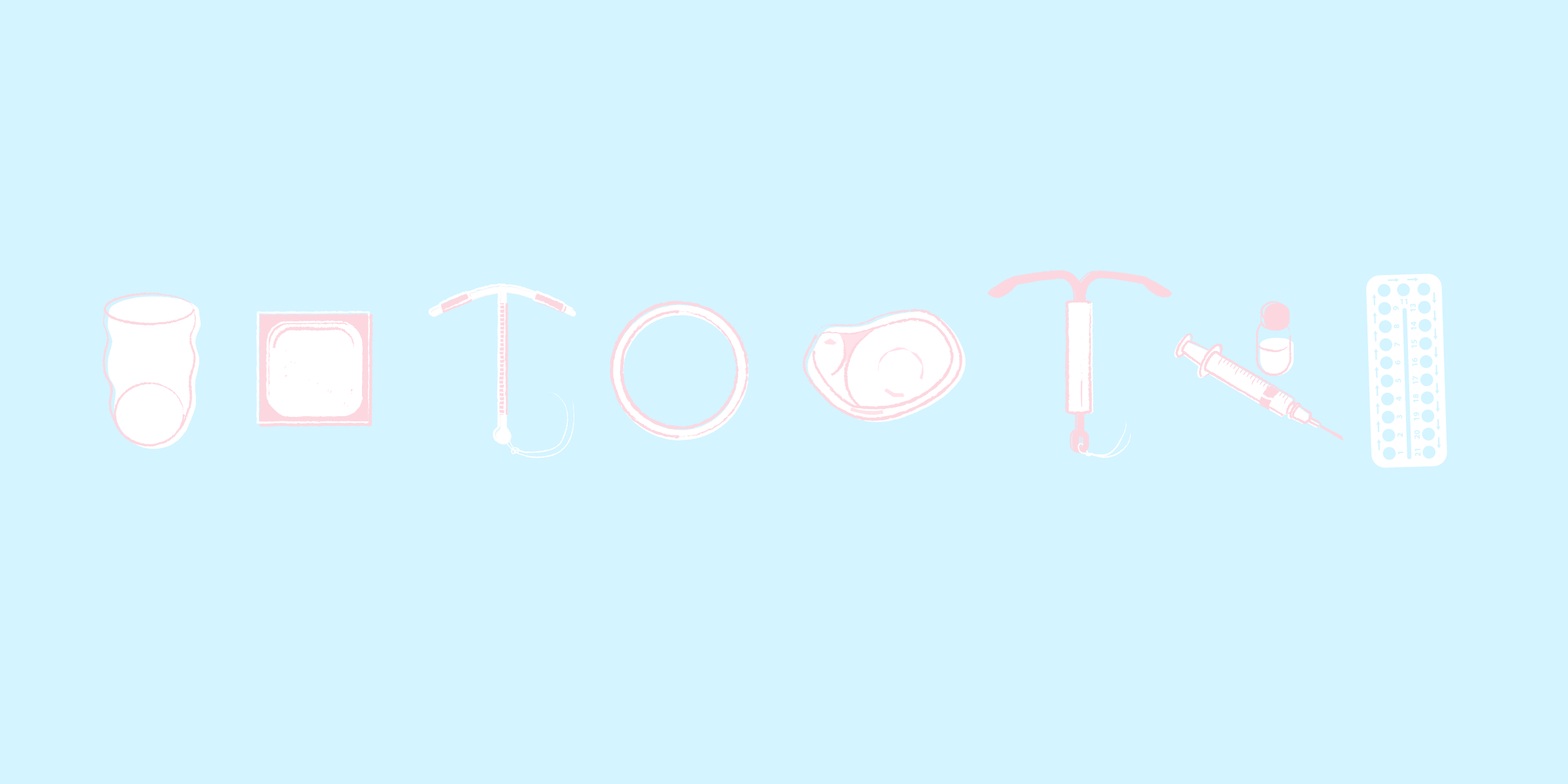Key Takeaways
- "Wann kommt mein Baby?" - Diese Frage wird mit Fortschreiten einer Schwangerschaft immer spannender.
- Einige Anzeichen können darauf hindeuten, dass die Geburt kurz bevor steht.
- Während einige eher unspezifisch sind, zeigen andere ganz deutlich, dass dein Baby bald das Licht der Welt erblickt.
Birth is a complex biological process that often does not take place exactly on the calculated date of birth. So it becomes exciting already in the weeks before the calculated date. In the last weeks and days before birth, a variety of physical changes occur that can indicate the approaching birth process.
Silent signs of birth in the woman's body
The preparations in the mother's body are crucial for a smooth birth process. Various changes can be observed in this process:
Changes in the elasticity of tissues, cervix, pelvic floor and birth canal: Under the influence of hormonal changes, these structures loosen to facilitate the birth process.
Flexibility of the pelvis due to the hormone relaxin: this hormone makes the connections between the bones in the pelvis softer and more stretchable, which can pave the way for the baby.
Changes in the cervix: this becomes softer and gradually shortens. This is a clear signal that the body is preparing for birth.
Preparing the child for birth
The unborn child is also making preparations for the big day:
Birth gymnastics and movements of the baby: The baby is already practicing in the womb for the upcoming birth.
Orientation of the baby with the head down: This position allows the baby to slide deeper into the pelvis and prepares the way for the birth process.
Hiccups and brown fat storage: the baby exercises the breathing muscles, which you may notice as hiccups. It also stores brown fat, which serves as a heat coat after birth.
Hormonal changes in the baby: Hormones signal that it is time to start the birth process.
Your unborn baby absorbs more progesterone from your placenta in the days leading up to the big event than ever before. This hormone is a precursor to cortisol, which in turn is responsible for lung maturation. As a result, your own progesterone levels drop, but at the same time your estrogen levels rise. With the release of oxytocin (also called the "cuddle hormone" because it strengthens the emotional bond between mother and child), your little one signals that it's finally time to go, and labor begins.
Nonspecific signs of approaching birth
Some signs are less obvious, but still significant:
Nest-building urge: Many pregnant women feel the urge to prepare their home perfectly, which can be an indication of the approaching birth.
Back pain: This can occur more frequently and is a typical sign shortly before the birth.
Frequent bowel movements or diarrhea: This indicates that the muscles are particularly stimulated, which can be a sign of the approaching birth.
Serenity: after anxiously waiting for the due date, a sudden calmness may indicate that birth is imminent.
Nausea and muscle tremors: these may occur as nonspecific signs of approaching birth.
Exercise contractions and descending contractions.
It is important to distinguish between practice contractions and true labor contractions:
Practice contractions: These occur irregularly, are less painful and do not increase in intensity. They are used to prepare the uterus for delivery.
Descending contractions: These prepare the baby to lower into the pelvis. They may be accompanied by mild pain in the groin area.
Changes in the body before birth
In the last few weeks, the cervix matures and the baby lowers into the pelvis:
Lowering of the baby into the pelvis: The baby's head is moved into position, causing changes in the mother's abdomen.
Dilation and maturation of the cervix: This is a crucial step toward birth.
The mucus plug as a sure sign of birth
The detachment of the mucus plug is a clear sign that labor is approaching.
The rupture of the membranes
The rupture of the membranes signals the beginning of birth and requires a quick reaction.
The exact date of birth can never be predicted with one hundred percent certainty, but if you notice some of the nonspecific signs on you, it could soon be time.
Medically Reviewed
This text was created by medical editors on the basis of specialist medical literature and current studies. Our aim is to work scientifically, identify sources and regularly check that the content is up to date.





